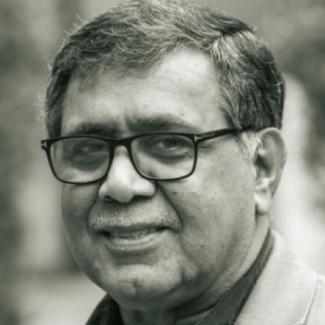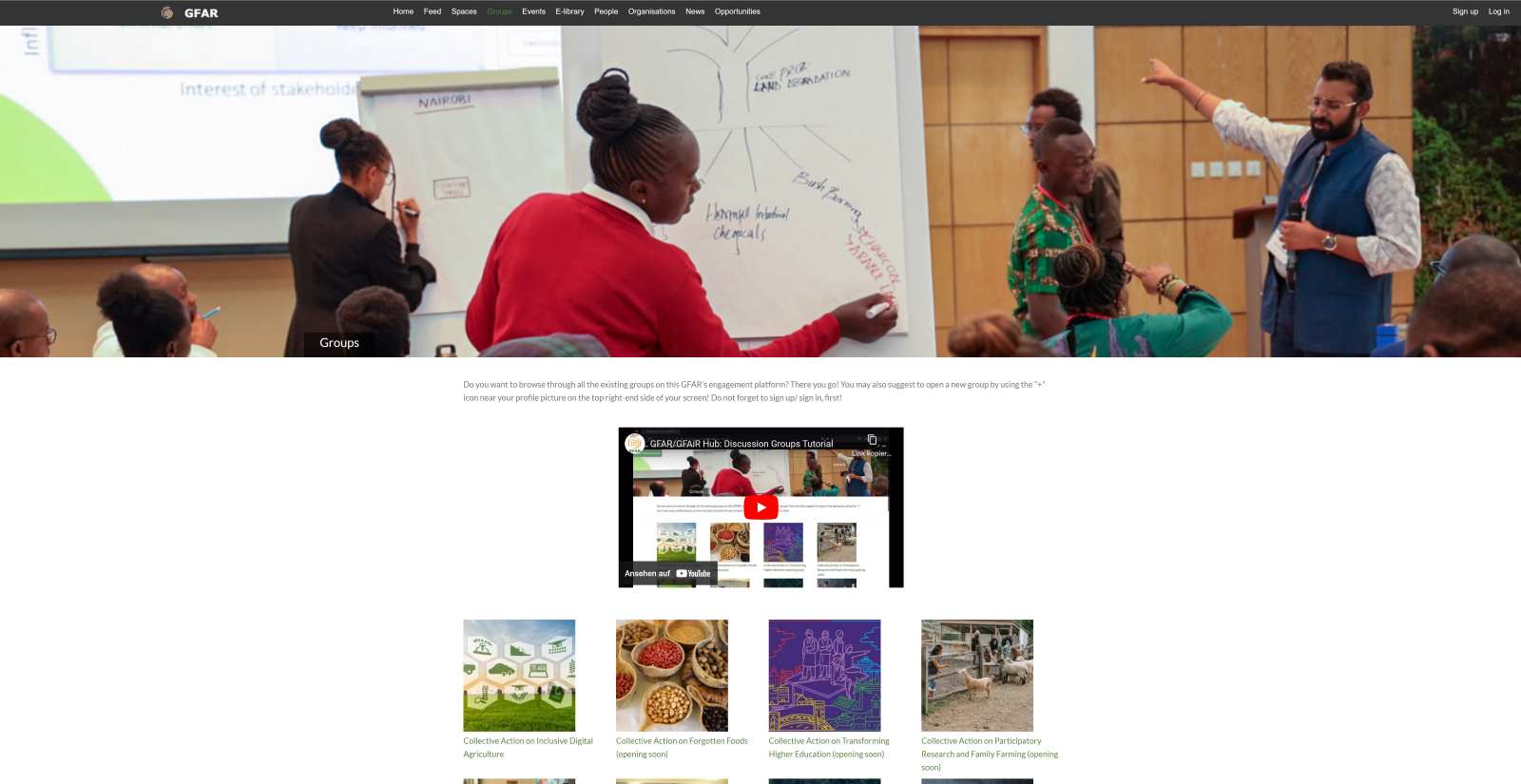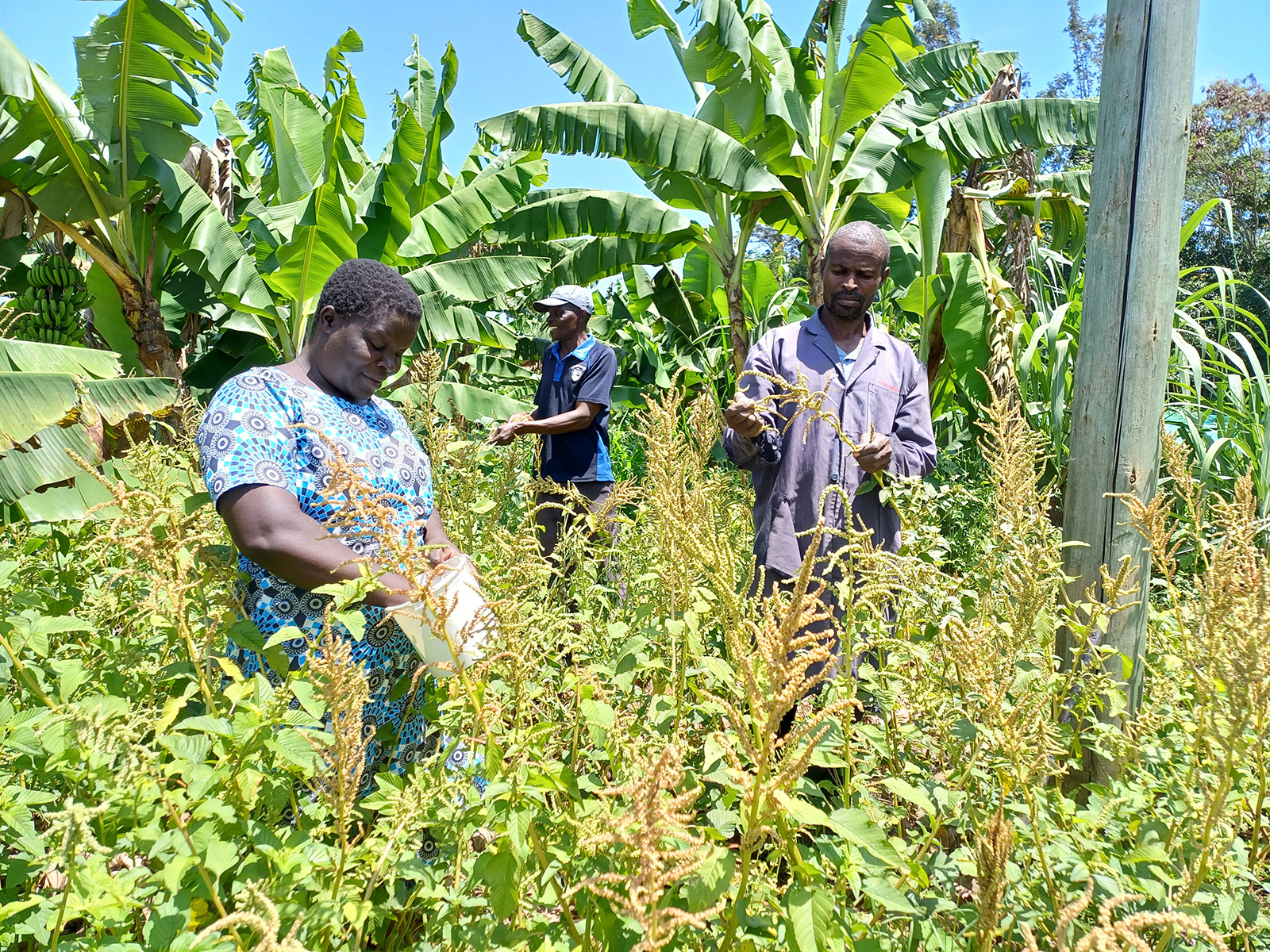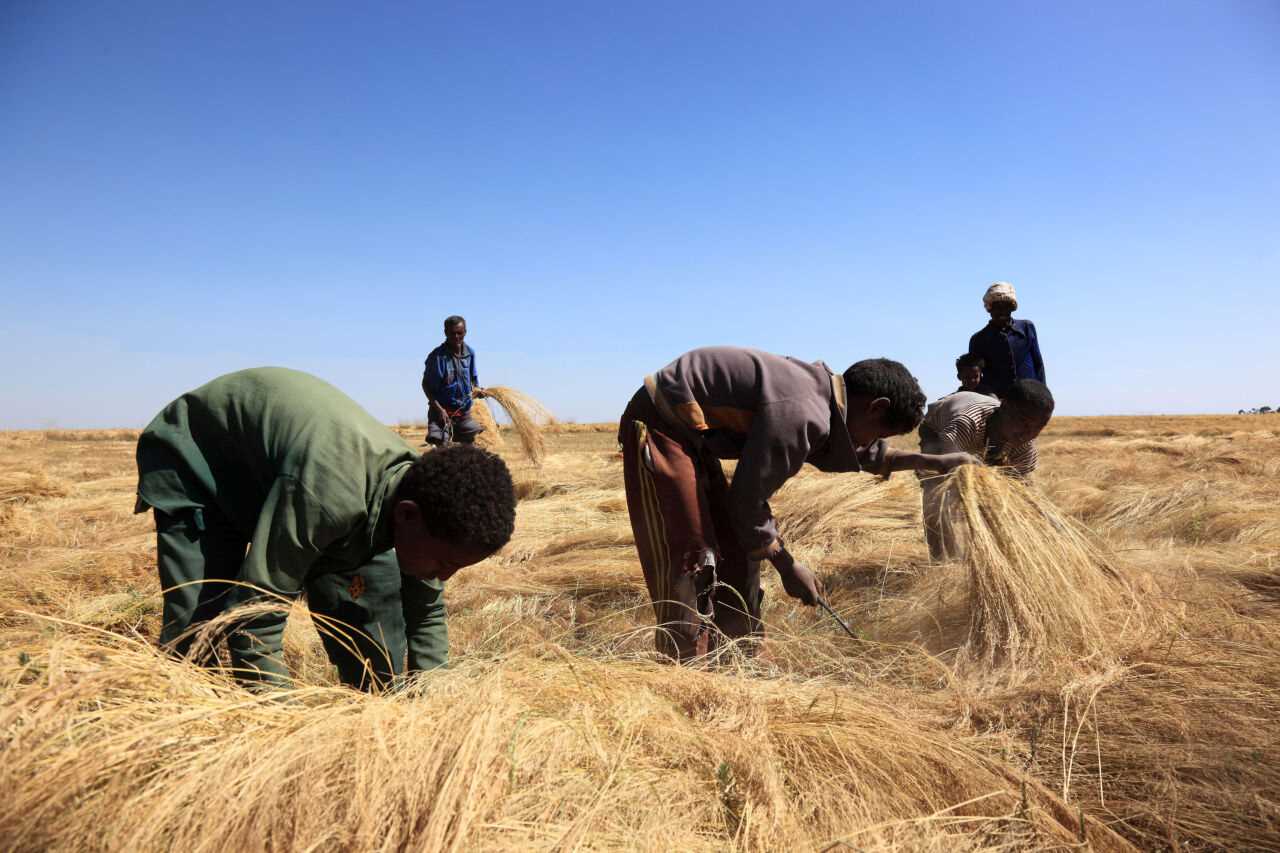Zero hunger
The Global NARS Consortium’s revolutionary approach to food security

What is the Global NARS Consortium (GNC)?
Well, we believe that agricultural research must become research that is geared to achieving the Sustainable Development Goals (SDGs). So far, it has too often been research for its own sake. Despite some progress, too much research is still disconnected from practical application. We need change. Agricultural research must prioritise achieving SDG1 (end poverty) and SDG2 (zero hunger) by focusing on practical, action-oriented topics in international partnerships (SDG17). We need to break down academic silos and engage with – and for – the people of the global south. And our method of tackling this challenge is GNC, the Global NARS Consortium. It is a collaborative initiative under the Global Forum on Agricultural Research and Innovation (GFAiR), which is a network that links national agricultural research systems (NARS) to one another.
What will the GNC do?
The goal is to safeguard food security faster in this era of uncertainty by strengthening global partnerships. The GNC will serve as the interface, linking national systems to global research institutions, donors and UN partners. We aim to bridge gaps in collaboration, with a focus on identifying research opportunities that lead to stronger capacities – not just in technical terms, but also in regard to innovation and policy support. We are not creating a new structure but doing our best to leverage existing ones. We want research to lead to innovative thinking, innovative processes and innovative products. Research results, in other words, must be of more socio-economic value. The capacity to innovate is crucial, and it depends on researchers’ ability to listen to local people, coordinate among one another and strengthen policy. The impacts will benefit grassroots communities. For common people, this means that the agricultural research that is being done in their country will, more likely, be collaborative, innovative and supported by global resources. Simply put, the GNC aims to improve food security through applied research and development that directly benefits those most in need.
Why are national agriculture research systems crucial?
One of the great challenges is that global agricultural research is not representative of the world. The multilateral organisations that were established after World War II have achieved a lot in addressing global issues, but there is still a lack of action-oriented agricultural research that focuses on the specific issues of low-income countries. In particular, the highly influential Consultative Group on International Agricultural Research (CGIAR) has mostly focused on issues that are relevant to the global north…
…which is not where masses of people suffer food insecurity these days.
Exactly, and accordingly research labs in the global north that specialise in crops consumed primarily in those regions are unable to provide solutions for ensuring food security everywhere. It is essential to boost small-scale production in the global south. To do that, research must focus on crops that are grown and consumed locally. It must take into account people’s needs at the local level. Doing so is crucial, not least because the global agricultural landscape is facing unprecedented challenges, from climate change to population growth. Ultimately, the SDGs must be achieved country by country. To make real progress, we must involve the national agricultural research systems right from the start. They must become stronger, better resourced and more effective.
Tell me more about the challenges national agricultural research system face.
National agricultural research systems – NARS for short – vary significantly across regions and countries. Some might actually be called national agricultural research and extension systems (NARES) or even national agricultural research, extension and education systems (NAREES), depending on what kind of outreach they have. In emerging markets like India, Malaysia, Morocco or Brazil, the systems are quite advanced, engaging effectively with global partners such as the CGIAR, the UN Food and Agriculture Organization (FAO), the International Fund for Agricultural Development (IFAD), the World Food Programme (WFP) or the UN Development Programme (UNDP). In less developed countries or where economies are in transition, NARS tend to face substantial challenges. These challenges include:
- limited resources,
- difficulties in communication,
- difficulties in accessing global knowledge and resources and
- a general feeling of being neglected at the global level.
Often, they struggle to effectively articulate their needs or engage with international partners, which hinders their ability to participate fully in global agricultural development.
What needs to happen to improve matters?
The lack of south-south cooperation is a major challenge. More developed NARS could offer support to those in less developed regions. The EU model of triangular cooperation – where a funding agency from a high-income nation, a knowledge provider from an emerging market and a recipient from a low-income country come together – has seen some success, but it is not a widespread practice so far. It actually may not be applicable universally. Different regions and NARS may require tailored approaches to address their unique challenges.
How will the GNC operate?
We are taking a global perspective rather than piloting the GNC in specific world regions. The reason is that regional NARS networks exist but have only been operating with varying success. We are currently developing a comprehensive “every NARS according to its needs and support” mechanism. Our approach includes regular discussions, workshops and webinars. The full governance model is still being defined.
What are the next steps for GNC?
The declaration establishing GNC was signed on 17 March 2023 at a meeting of the leaders of the six existing regional fora. They are the Association of Agricultural Research Institutions in the Near East and North Africa (AARINENA), the Asia-Pacific Association of Agricultural Research Institutions (APAARI), the Central Asia and the Caucasus Association of Agricultural Research Institutions (CACAARI), the European Forum on Agricultural Research for Development (EFARD), the Forum for Agricultural Research in Africa (FARA), and the Forum of the Americas on Agricultural Research and Technology Development (FORAGRO). Major international agencies like the European Commission, IFAD or CGIAR recognise the need for a global NARS consortium, and they endorse our approach. The plan is to launch the GNC formally in 2025. This is not just another initiative. It is a revolutionary approach to achieve food security and sustainable development, actively involving those who need it most.
Ravi Khetarpal is the executive secretary of the APAARI, currently chairs GFAiR and has initiated the campaign to launch the GNC.
ravi.khetarpal@apaari.org
















